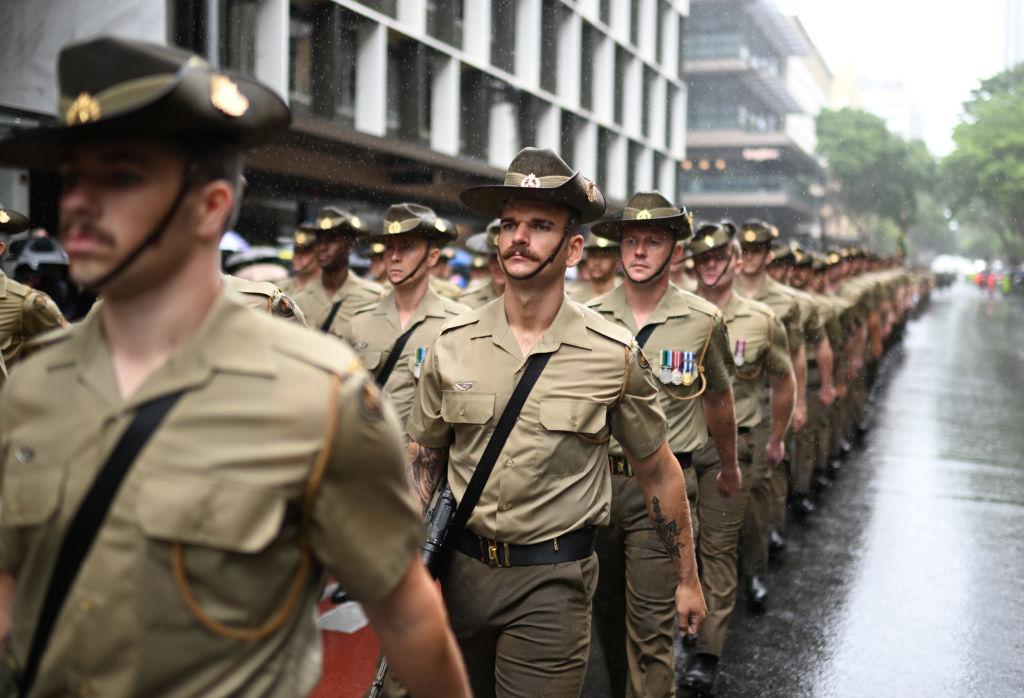Defence Minister Richard Marles has warned that the situation in the Indo-Pacific has become “far too precarious” to depend on the United States as Australia’s security guarantor.
Australia’s alliance with the United States has been central to the country’s view of the world and national security since World War II.





